The dark side of global soccer
Two former top soccer officials are latest found guilty in massive FIFA criminal case
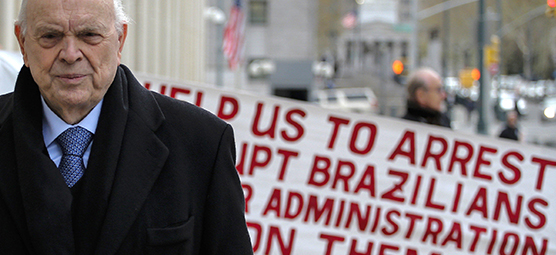
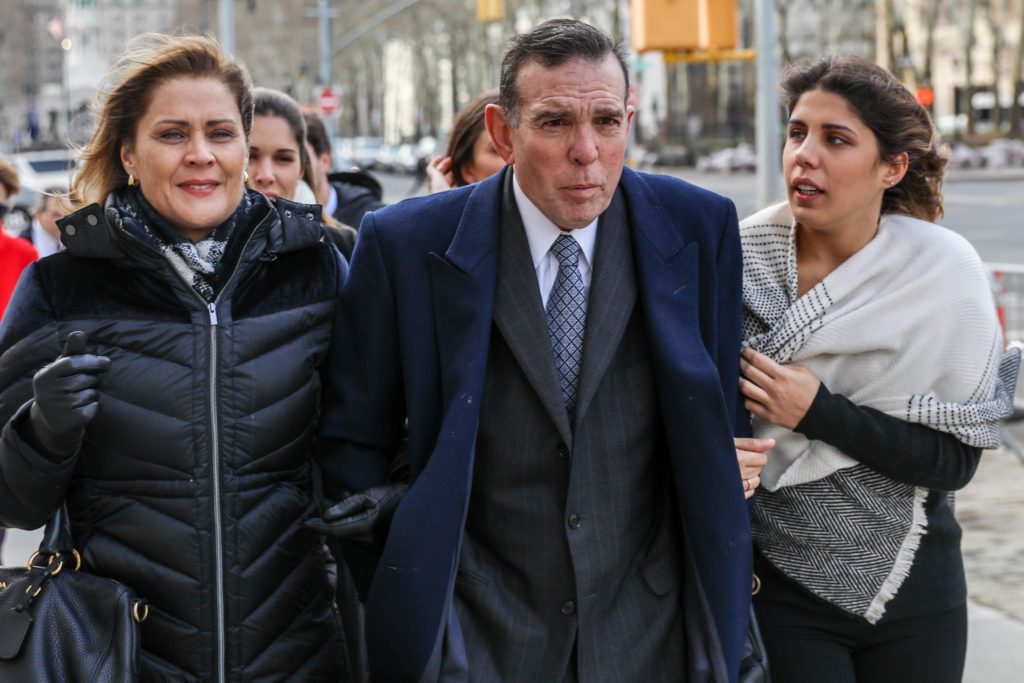
What started in 2013 with one-time top American soccer official Charles Blazer agreeing to cooperate with federal prosecutors in New York has led to guilty pleas or verdicts against more than two dozen defendants embroiled in a $150 million bribery and money laundering scandal revolving around the international soccer federation known as FIFA.
The latest defendants in the FIFA corruption case to fall were Juan Angel Napout and Jose Maria Marin, who were found guilty December 22 by a federal court jury in Brooklyn on charges related to taking millions in bribes in exchange for granting media rights to regional soccer tournaments before 2015. Both men were once leading international soccer officials. Napout, a Paraguayan, is a former FIFA vice president and former president of CONMEBOL covering FIFA games in all of South America. Marin is the former president of Brazil’s soccer federation.
Things went better for the trial’s third defendant, Manuel Burga, the ex-president of the soccer federation of Peru, who was acquitted. Burga, however, was accused of making a slicing motion to his neck during a witness’s testimony. Burga’s lawyer assured the judge that his client merely suffered from an itchy throat. The judge let it go but added time to Burga’s term under house arrest out of caution.
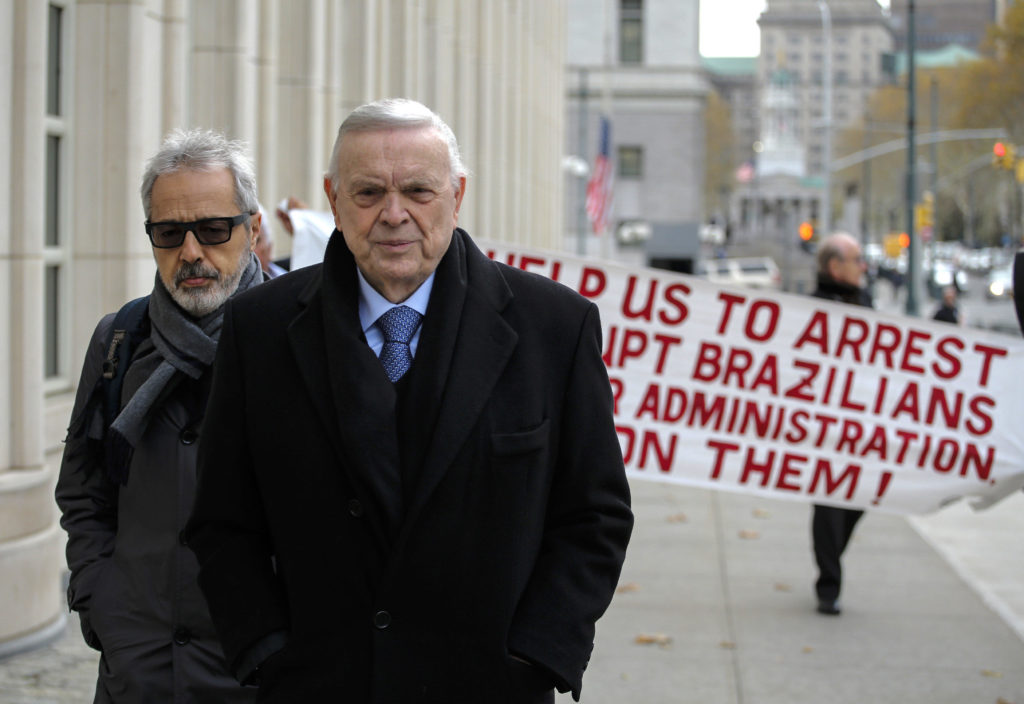
Marin is considered the biggest catch for federal prosecutors. The 85-year-old multimillionaire was arrested in a five-star hotel in Switzerland at the request of American authorities in 2015. He was granted bail and then stayed through the trial in his opulent condo in Trump Tower on Manhattan’s Fifth Avenue.
The more than two-year-old criminal case against former associates of FIFA, which stands for Federation Internationale de Football Association, is still developing. More than 40 people – from former FIFA chieftains to sports marketers – are among those charged. Prosecutors claim the money from bribes and kickbacks started flowing in 1991 and that the defendants’ take over the next 24 years totaled about $150 million.
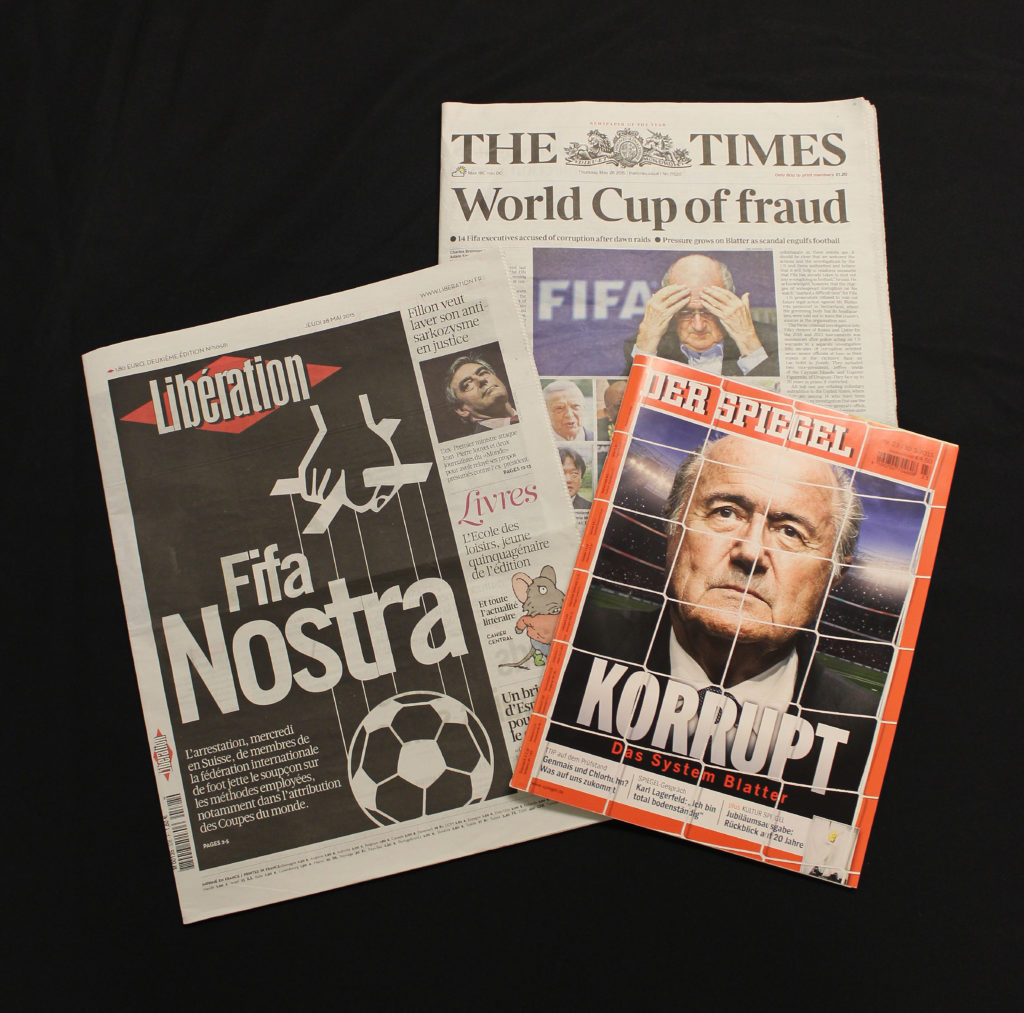
When the FIFA scandal broke in 2015, the news media and others compared the alleged criminal activities to a Mafia operation, and prosecutors are using racketeering laws that were designed to bring down organized crime syndicates.
Sports marketing firms are alleged to have bribed FIFA officials to win exclusive rights to sell lucrative merchandise and television commercials during live broadcasts of FIFA soccer matches, such as the World Cup and regional tournaments in South America. TV and marketing rights for the World Cup (played once every four years) alone amounted to about $4 billion of FIFA’s $5.7 billion in revenues from 2011 to 2014.
During the five-week trial of Napout, Marin and Burga, prosecutors brought 28 witnesses into court. According to the allegations, Napout agreed to $10.5 million in bribes, with $6.5 million assigned to Marin and $4.4 million to Burga. Marin and Napout were each convicted of racketeering and wire fraud, and Marin was also convicted of money laundering conspiracy.
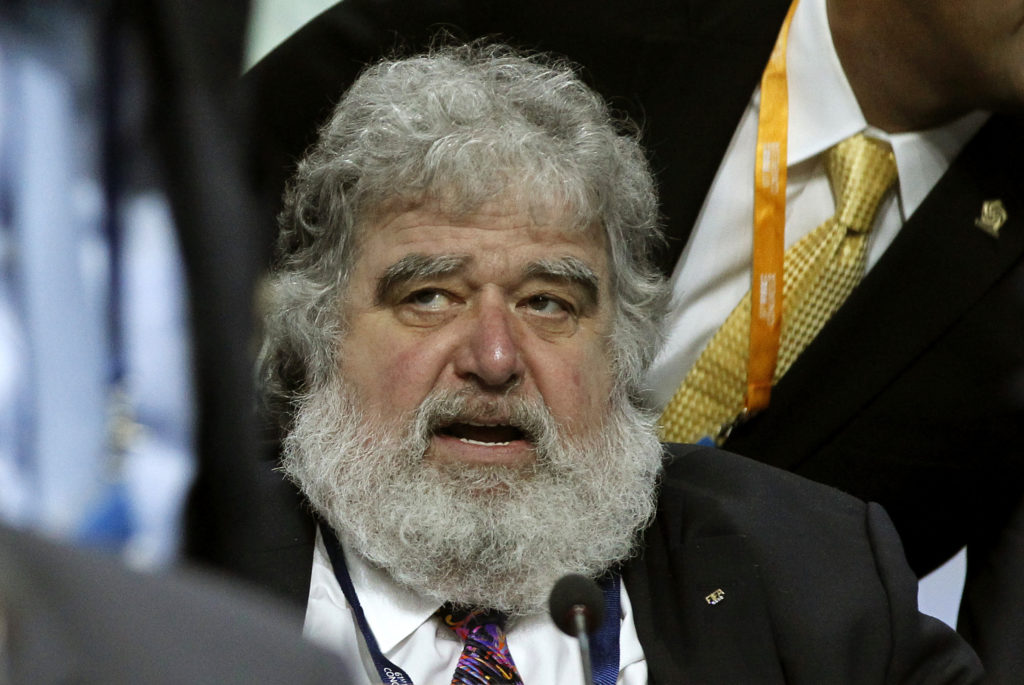
The trial got off to an unusual start on November 13. A star witness for the feds, former Argentinian sports marketing executive Alejandor Burzarco, testified he once handed over millions in payoffs to two men in Argentina to obtain TV rights for FIFA-sanctioned soccer games there. That same day, one of those men, Jorge Delhon, a one-time lawyer for Argentina’s former President Cristina Fernandez, committed suicide by leaping in front a moving train in Buenos Aires.
Blazer, the former vice president of the U.S. Soccer Federation in the mid-1980s, rose to become a member of FIFA’s executive committee in 1997 until the federal government approached him about criminal charges – for allegedly evading income taxes – starting in 2011. The case eventually uncovered evidence of his accepting bribes and other unsavory acts in his position with FIFA.
In 2013, Blazer pleaded guilty to multiple felony counts, but federal prosecutors awarded him a deal of no prison time in exchange for becoming a federal witness about FIFA, which got the ball rolling on the current federal case.
Blazer, who had been in ill health for some time, died July 12 in New York at age 72.
Feedback or questions? Email blog@themobmuseum.org





